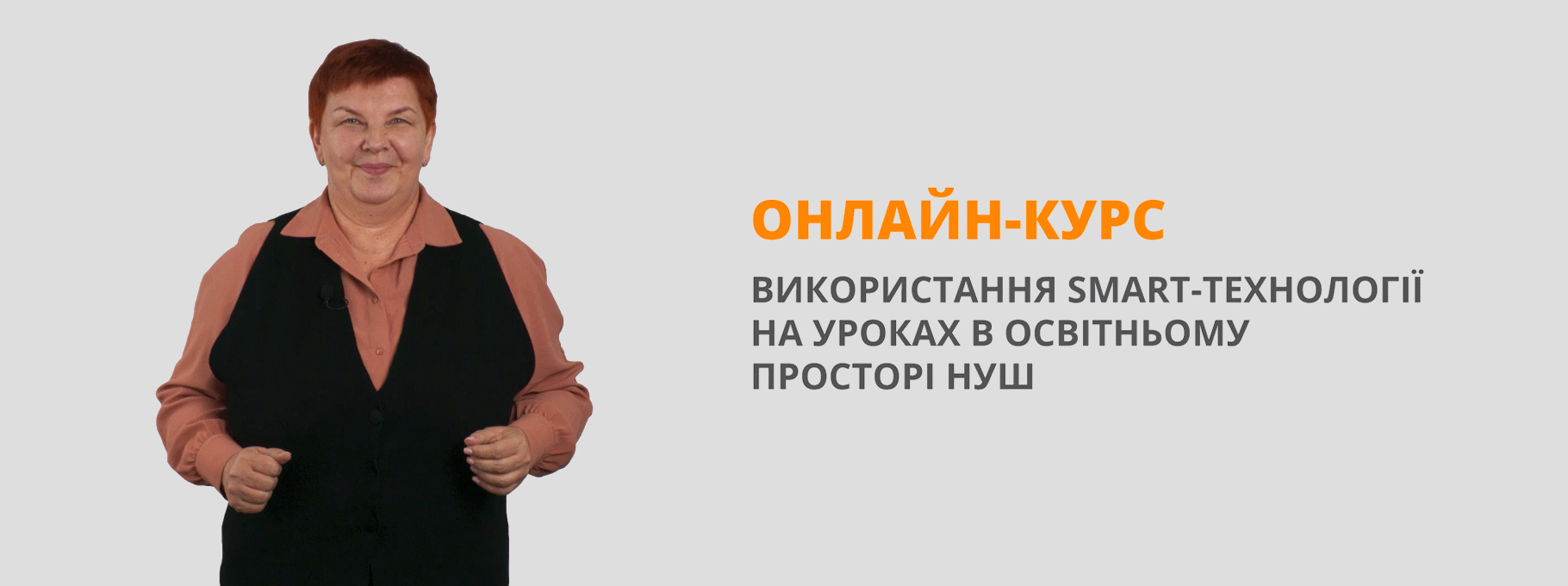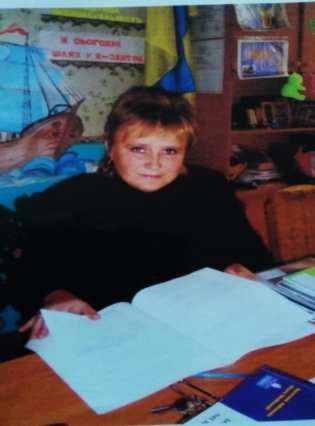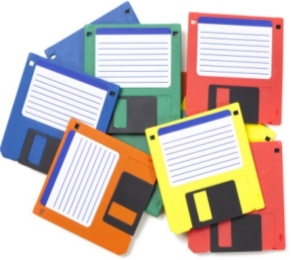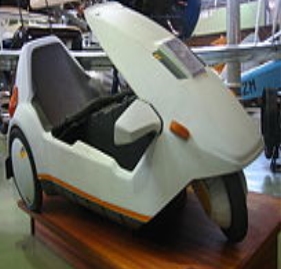Комп`ютер в житті сучасних дітей
|
Авторський урок з англійської мови вчителя англійської мови спеціалізованої загальноосвітньої школи з поглибленим вивченням іноземних мов I-III ступенів №1 ім. Т.Г.Шевченка м.Бердичева Житомирської області, учителя-методиста Бентовської Алли Альфредівни
|
Subject: “Tomorrow’s world computing”
Objectives:
- to practice using lexical units connected with the present subject in word-combinations and sentence;
- to practice listening for main facts;
- to develop students’ memory, attention;
- to teach students to point out advantages and disadvantages of using new technologies.
The students will be able to:
- use lexical units connected with new technologies and their characteristics in word-combinations and sentences;
- listen to the situations and match them with new technologies;
- point out good and bad sides of new devices;
- read the text to find necessary information, express the choice of devices.
Equipment: smart board, computers, smartphones, cameras, tape-recorder.
The Procedure
- Greeting
I. Organizing moment
- Presentation of the theme
T: The subject of our lesson is “Tomorrow’s world Computing”. By the end of the lesson you will be able to:
- use lexical units connected with new technologies and their characteristics in word-combinations and sentences
- listen to the situations and match them with new technologies and gadgets
- point out good and bad sides of jobs for choosing the gadget and its usage
- read the text to find necessary information
- express your point of view of choosing and using the gadget.
T: The motto of our lesson is the following:
“Computers are our life today. Computers are our future”
Can you explain these words? Can you use gadgets? What are they? Can you imagine your life without them? Do they help you?
II. Main part of the lesson
-
 Vocabulary practice
Vocabulary practice
T: Take your phones and find the definition of the words: “gadget”, “computer”, “new technology”.
Complete the questionnaire using the words below: blog, desktop, links, webpage, webcam, Wi-Fi, browsers, lap-top.
Card #1
|
|
- Warming-up activity
Brainstorming
- Write down the words you remember concerning our theme, except those in Card #1.
- Name, please, activities you can do with the help of a computer.
- Work in pairs
T: Discuss these questions:
- What kind of computer do you have?
- Are you happy with it?
- Are you good at computers?
- Is there anything you would still like to learn how to do?
- What do you usually do when you have computer problems?
- Listening
T: You are going to hear a telephone call between 2 girls, one of them has problems with computer. Listen and answer the questions:
- What is the main problem with computer?
- What other problem had she been having with it?
- What does one of the friends suggest the girl should do in the end?
- Reading
 T: Read the text and start thinking: What new technology do you expect to see in the future?
T: Read the text and start thinking: What new technology do you expect to see in the future?
Card #2
|
“Man won’t fly for 50 years”, said Wilbur Wright in 1901. Two years later, he and his brother made the world’s first successful flight. Predicting the future is difficult, but at the Singularity University in California, you can actually study futurology. The University’s director is Ray Kurzweil, who predicts the huge increases in computer power will change the world dramatically. By 2045, we’ll probably be only the second most intelligent creatures on Earth, after computers. These computers might think, communicate and act so quickly that ordinary humans won’t be able to understand them. But of course, ordinary humans might not exist then – everybody may have computer chips inside their brains. Technology may also eradicate disease and increase life expectancy. If life expectancy increases faster than people age, nobody will die. This could cause other problems for Earth! |
- Post-reading activity
Card #3
|
Decide if the sentences about the text are True or False according to the author. Then look back and underline the parts of the text that showed you the answer.
|
Card #4
|
Answer the following questions:
|
Characteristics of gadgets nowadays
and devices of the future
T: What positive features have you mentioned?
What disadvantages will they have?
Look at the table. Which ones haven’t I written?
Add some features to the table.
Card #5
|
Advantages |
Disadvantages |
|
interesting useful helpful creative
modern
|
dangerous monotonous tiring harmful stressful
|
T: The things in these photographs are still connected to the theme we are talking at our lesson and the article you are going to read. Work in pairs. Discuss what you think the article might be about and how the things could be connected.
Card #6
|
A canal |
Floppy discs |
|
Videotapes |
The Sinclair C5 |
- Group-work
T: Work in group. Discuss these questions:
- What are the hot new pieces of technology at the moment? Have you bought any of them?
- Can you think of any other examples of technology that soon became out of date and were replaced by something else?
- Can you think of anything that has enjoyed a revival recently?
 T: Use your imagination and answer the questions:
T: Use your imagination and answer the questions:
- Is there any gadget or piece of technology that you could happily do without?
- Can you think of any other gadgets which are environmentally friendly?
III. Summing up
- Home-task:
- describe your favourite gadget;
- answer the questions of Ex.7, pp.48-49.
T: Our lesson comes to an end. You have been greet, smart and hard-working. I hope that our lesson was both interesting and useful for you.
- What have you done today at the lesson?
- What activity did you like best?
![]()
![]()

про публікацію авторської розробки
Додати розробку






